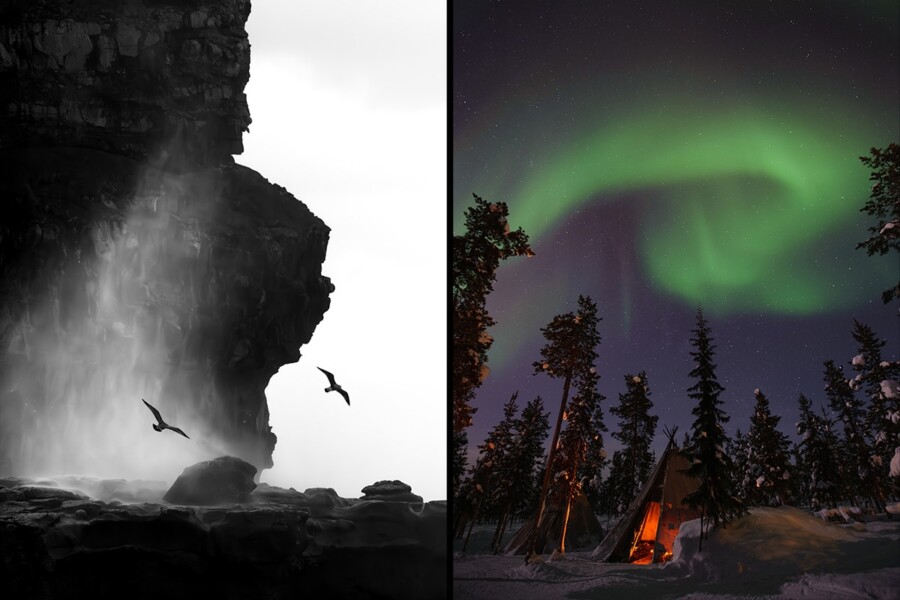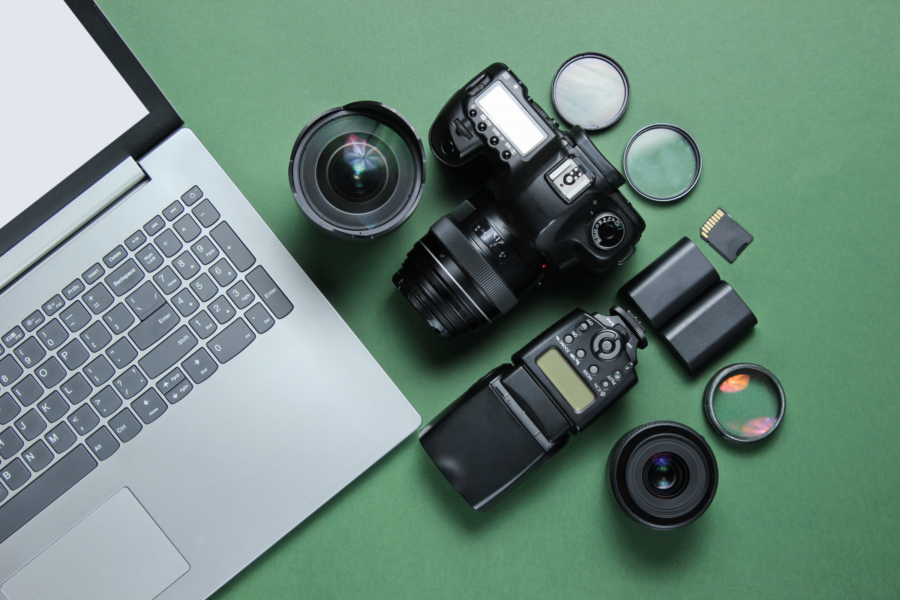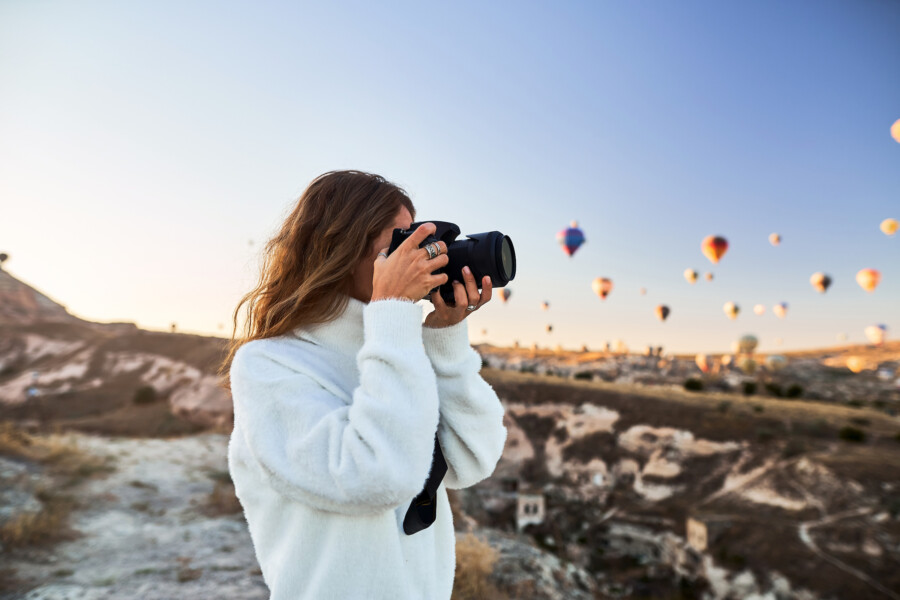Share
10 Tips for Getting the Most Out of Your 2018 Photography Workshop
by Steve Simon (@stevesimon) and Steve Attard (@sattardphoto) Co-Founders, PhotoEducate.com If you’ve ever taken a great photography workshop you...
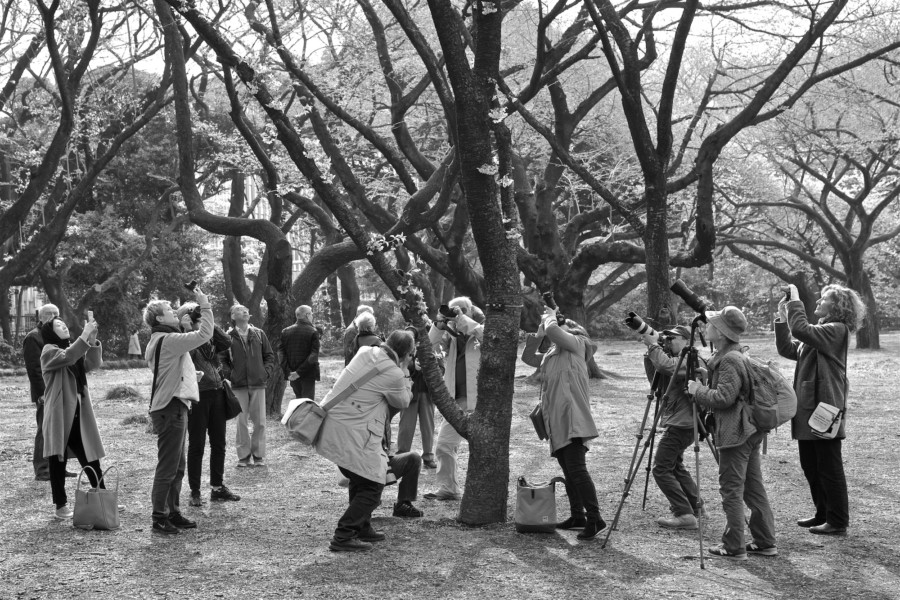
by Steve Simon (@stevesimon) and Steve Attard (@sattardphoto)
Co-Founders, PhotoEducate.com
If you’ve ever taken a great photography workshop you’re probably just as passionate about them as we are. A photography workshop can change your life. It changed ours.
Wading through uncharted waters is exhilarating – camera at your eye, taking chances, making mistakes and learning from them. Workshops can build your confidence, give you direction and help you refine or even find your visual voice.
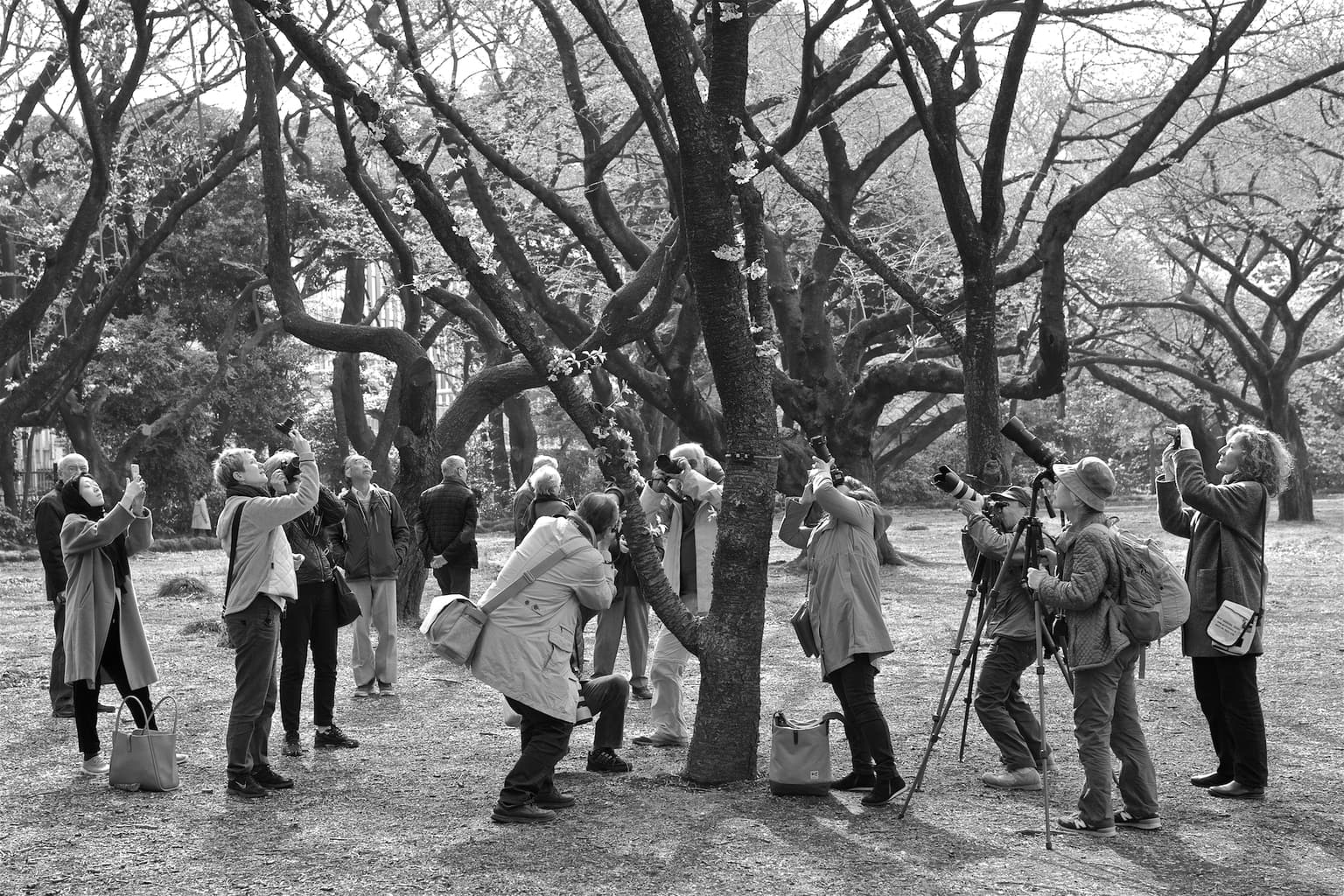
© Steve Simon
We are excited to spread the word about the positive impact photography workshops can have and partner with PhotoShelter and some of the world’s leading voices in photography and photography education.
The Ultimate Guide To Photography Workshops is a free download with 75 pages of insights, experiences, tips and techniques from some of the best eyes and minds in the photo education space. Part of our goal for this guide and our new photography workshop platform, PhotoEducate.com, is to create a spirit of community around photographic education in all forms. On our site you will find a curated list of great workshops, and the guide will help you get the most out of the workshop experience.
Here is a glimpse into the guide content from a man who has spent his entire adult life focused on photographic education. Reid Callanan has been the Director of Santa Fe Photographic Workshops for 28 years and before that worked at Maine Photographic Workshops.
10. Suspend expectations.
Put aside what you think it will be like for you. In doing so you will better open yourself up to the spontaneous gifts and serendipity that will come your way.
9. Listen much more than you talk.
There is so much more to be learned from listening than from talking.
8. Take on a beginner’s mindset.
From Shunryu Suzuki: “If your mind is empty, it is ready for anything; it is open to everything. In the beginner’s mind there are many possibilities; in the expert’s mind there are few. This is the real secret of the arts – always be a beginner.”
7. Sleep is overrated.
You can sleep when you get home. Take full advantage of the gift you have given yourself. You will be learning during the day, and most of you will be processing your images late into the night. Be prepared to sleep very little during your workshop.
6. Love the questions.
Do not seek only answers. Instead of our usual demand to have the information we want right away, trust that the questions will lead you to more than you could have imagined.
5. Be present.
Limit your dependence on email and phone service. Think back to the day (if you can) when we didn’t have email, nor mobile phones, and remember that you survived. You will survive and flourish if you can manage the outside noise.
4. Make images you don’t understand.
Experiment and take as many risks as possible with your photography.
3. Fail, Fail, Fail.
Don’t worry about making great photographs – worry about making great mistakes. You will learn more from your mistakes than your successes. Samuel Beckett said, “Ever tried? Ever failed? No matter. Try again. Fail again. Fail better!”
2. Practice, practice, practice.
For some reason photographers don’t think they have to practice their craft to get better. Musicians are always practicing to improve their art, so why don’t we? Consider your workshop experience as a time to improve your photography skills and develop a habit of practice.
1. Your camera is not the most important tool in making images.
Your most important tools are your imagination, curiosity, your mind and your heart.
Ready to find a new photography workshop this year?
Check out our selection of great workshops at Photo Educate, and download the The Ultimate Guide To Photography Workshops guide with insights from leading photographers and educators including David Hobby, Elizabeth Greenberg, Peter Hurley, and Art Wolfe.

